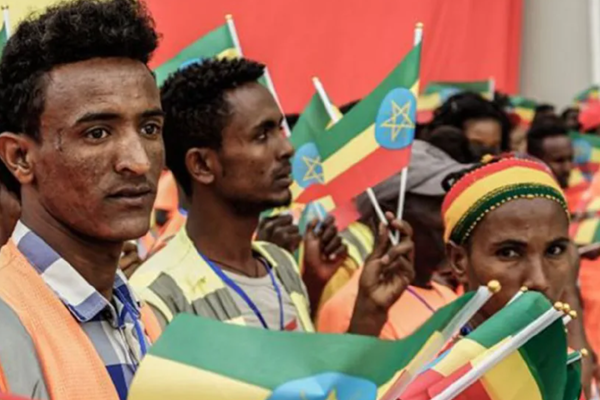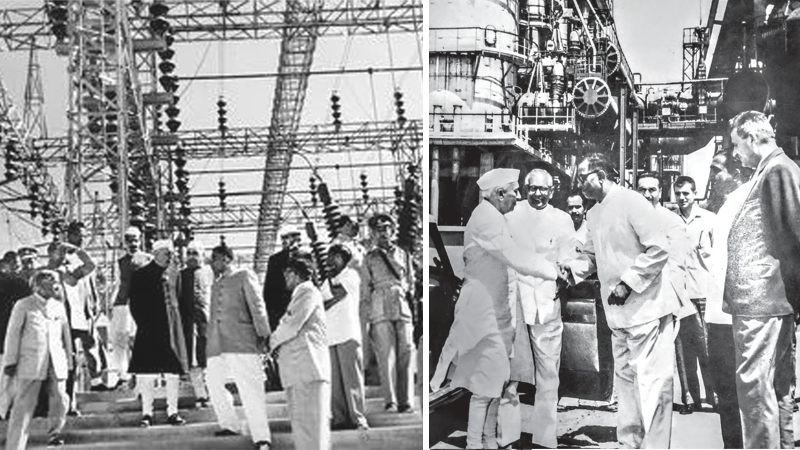Crony Capitalism and the Shrinking Space for Small Enterprise
Editorial
Justice Beyond Rank – The IPS Officer’s Death and the System on Trial
The tragic death of IPS officer Y. Puran Kumar has shaken the conscience of India’s bureaucracy. His suicide, accompanied by a detailed note naming senior officers—including the Haryana DGP—has laid bare the grim reality of caste discrimination and institutional harassment that persist even at the top of the administrative ladder. What makes this case extraordinary is not only the tragedy itself, but the unwavering resolve of his wife, IAS officer Amneet P. Kumar, who refused to allow a post-mortem until accountability was ensured. Her courage has forced the state to confront what it long preferred to ignore—the silent suffering of officers caught in a web of prejudice, ego, and bureaucratic power games. The FIR, though eventually filed, appears more a product of media and public pressure than of administrative conscience. The reluctance to act decisively against top officers named in the suicide note reflects a deeper malaise—the institutional instinct to protect its own, regardless of truth or justice. Chief Minister Nayab Singh Saini’s assurance of a fair probe is welcome, but mere statements will not suffice. This tragedy demands more than routine investigation—it requires systemic reform, transparent accountability, and protection for officers who speak against discrimination. The death of an officer who once symbolized discipline and service should not fade into the routine bureaucratic shuffle. His note was not just a farewell—it was an indictment of the culture of silence within the system. The least the state can do now is to ensure that his sacrifice leads to reform, not repression. Justice for Puran Kumar is no longer a personal battle—it is a test of the moral integrity of India’s bureaucracy.
The Light That Unites: Diwali’s Enduring Promise
As autumn deepens and the northern hemisphere tilts away from the sun, a different kind of light begins to glow, one that defies the growing darkness. This is the light of Diwali, the Festival of Lights, a celebration that transcends its Hindu origins to become a global testament to hope, renewal, and the indomitable human spirit.
On the surface, Diwali is a spectacle. Homes shimmer with the warm glow of earthen lamps, skies explode with colour, and the air is thick with the scent of sweets and celebration. It is easy to see it as a moment of pure, unadulterated joy. But to stop there is to miss its profound, universal message.
At its core, Diwali is not about the external illumination of our streets, but the internal illumination of our souls. It commemorates ancient tales of good conquering evil—of Lord Rama’ return to righteousness and the triumph of knowledge over ignorance. These stories are not mere mythology; they are powerful metaphors for our own lives. They remind us that the most significant victories are those we win over our own inner demons of anger, greed, and fear.
The rituals of Diwali are a blueprint for this inner cleansing. The meticulous cleaning of homes signifies the sweeping away of past regrets. The new clothes and account books represent a commitment to a fresh start. The worship of Lakshmi is not just a plea for material wealth, but an invocation of spiritual prosperity—of compassion, wisdom, and gratitude.
In a world often fractured by conflict and uncertainty, Diwali’s light offers a unifying beacon. It teaches us that darkness, no matter how profound, cannot endure where a single lamp is lit. This year, as we light our diyas, let us each pledge to be that lamp—to dispel ignorance with knowledge, to replace hatred with kindness, and to build a future where light, truly, conquers all.


 SAS Kirmani
SAS Kirmani










